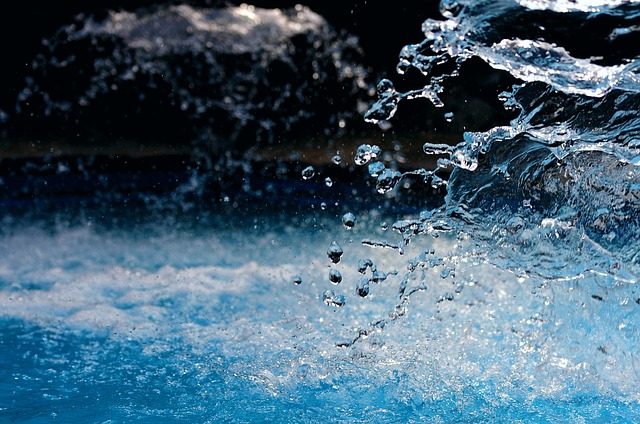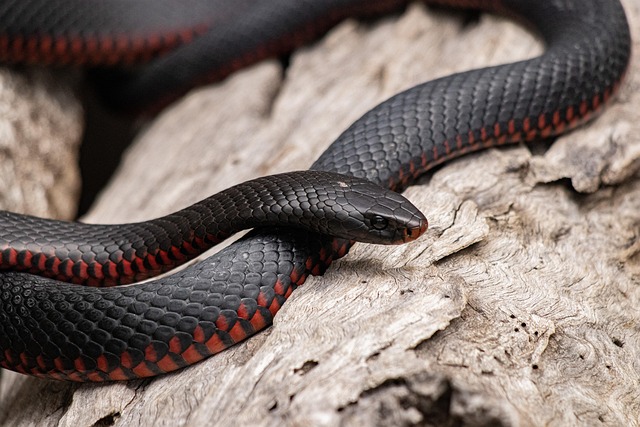Water is an essential element in the ecology of reptiles, playing a vital role that affects their health, reproduction, and overall survival. As we delve into the fascinating world of these ancient creatures, understanding the significance of water in their lives unveils a deeper connection between nature and the animals that inhabit it.
Reptiles, the skilled survivors of diverse environments, rely on water not just for hydration but also for the maintenance of their physiological processes. For instance, lizards bask under the sun to regulate their body temperature, but they must also find shade and water sources to prevent overheating and dehydration. The delicate balance of these elements is crucial as even slight changes in temperature or availability of water can impact their metabolism and behavior.
The role of water in reptile reproduction is equally fascinating. Many reptiles, such as turtles and crocodiles, require specific moisture conditions for nesting. Female turtles often return to the very beaches where they were hatched to lay their clutches in the sand, ensuring that the eggs remain at optimal temperatures. Meanwhile, certain reptiles exhibit remarkable adaptation strategies in arid environments—some can store water, while others have developed behaviors to minimize water loss. These adaptations highlight the incredible resilience of reptiles intimately tied to their water sources.
In nature, the presence of water shapes ecosystems and the variety of species that can thrive within them. Wetlands, rivers, and lakes provide critical habitats for numerous reptilian species, serving as breeding grounds and nurseries for young reptiles. Water bodies create rich microhabitats where these animals coexist with various plant species and other wildlife, forming a complex web of life that underscores the interconnectedness of all organisms within an ecosystem.
The intricate relationship between reptiles and their water sources can also serve as a reminder of the fragility of these ecosystems. Climate change, pollution, and habitat destruction pose significant threats to the aquatic environments that many reptiles depend on. The health of water bodies is paramount not just for reptiles, but also for the multitude of species that rely on these ecosystems for survival.
As we explore reptile ecology through the lens of water, it becomes clear that conservation efforts must prioritize maintaining clean and abundant water sources. By ensuring that our natural landscapes are preserved, we take steps towards protecting these remarkable creatures and the intricate, vibrant ecosystems they inhabit. The bond between reptiles and water is not just a biological necessity; it is a symbol of life that flows through the veins of nature itself.




